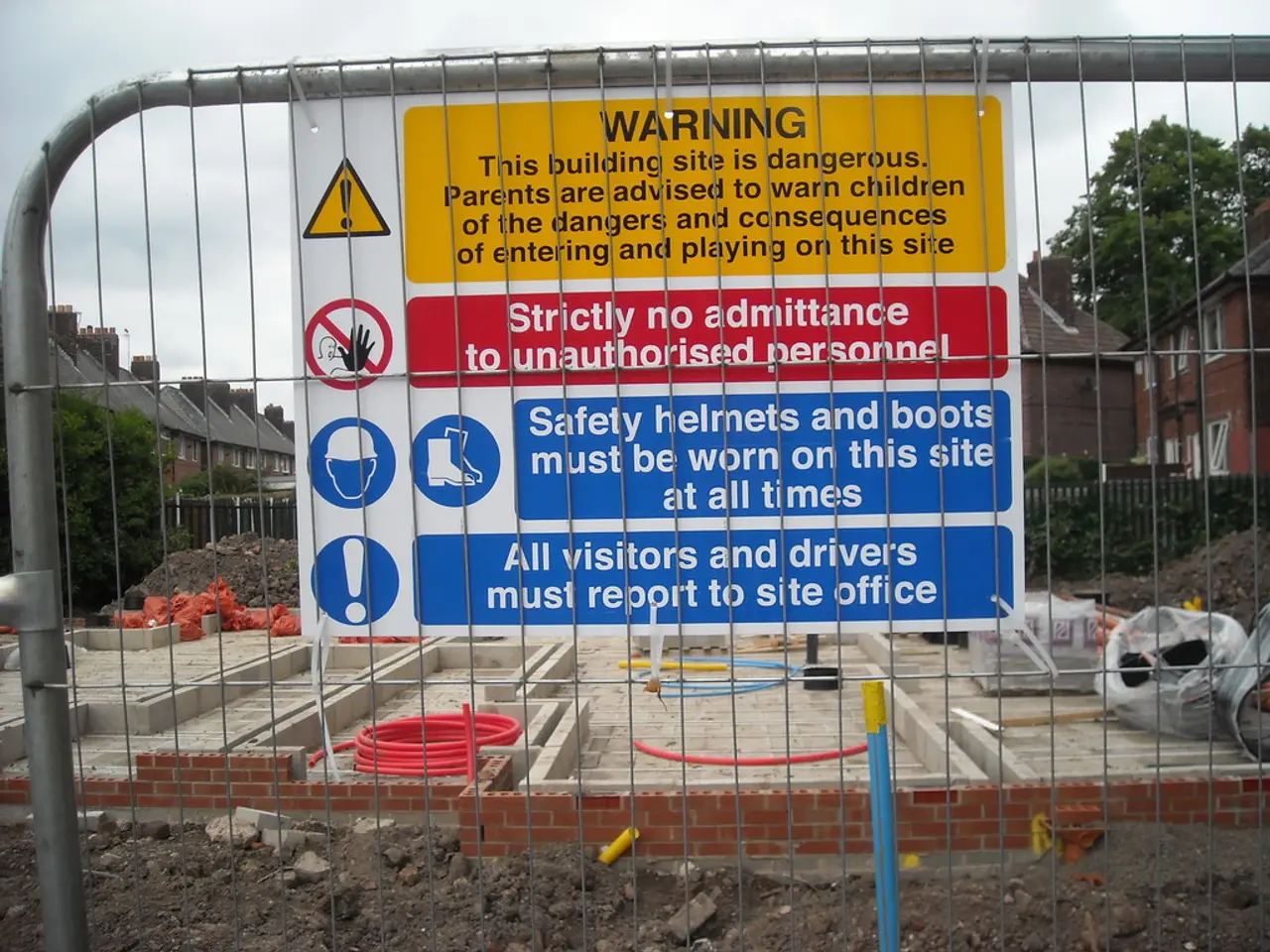Authorities endorse significantly fewer newly constructed apartments in MV - Approving Fewer New Residential Buildings Sanctioned in MV by Construction Authorities
Article:
The construction of new apartments in Mecklenburg-Vorpommern has noticeably decreased, with building authorities approving 561 apartments in the first quarter of 2025 – an almost 33% drop compared to the same period last year (833 apartments). This slowdown follows a significant decrease of 29% in the first quarter of 2024. In contrast, 1,175 apartments were approved in the northeastern region during the same period of 2023.
The tenant association points to the spreading housing shortage, which is now impacting more cities in the state. Low vacancy rates under 4% were once limited to university cities like Rostock and Greifswald and Baltic Sea resorts. Recent reports indicate that these low rates are now prevalent in all larger cities in Mecklenburg-Vorpommern.
The persistent slowdown in construction is believed to be caused by the massive increase in interest rates and construction costs. Consequently, homeowners have shelved their plans, while investors hesitate due to diminished profitability in building activities. Current estimates suggest that Germany faces a deficit of hundreds of thousands of apartments, a concern echoed by Federal Chancellor Friedrich Merz (CDU), who put the shortage at "500,000 and more."
The slowdown in housing construction in Mecklenburg-Vorpommern may be influenced by broader economic and construction trends affecting Germany. For instance, the German economy is contending with a decline in gross fixed capital formation, which includes residential construction, due to reduced investment in residential construction for four consecutive years[3]. Manufacturing sectors, such as mechanical engineering and automotive, have recorded significant production declines that may impact the overall economic environment, potentially impacting housing construction as well[3].
Furthermore, while residential real estate prices have decreased, and interest rates on mortgages are typically fixed over long terms, the risk of an interest rate shock remains low due to low unemployment and historical low losses from residential real estate lending[4].
[1] Data from the State Statistics Office.[2] No specific regional development policies affecting Mecklenburg-Vorpommern were found in the available information.[3] Bundesbank, Monthly Report, March 2025.[4] German Federal Financial Supervisory Authority, Quarterly Report, January 2025.
- The Commission, in its assessment of policy and legislation, might also consider the potential impact of a directive on finance and investing in the housing-market, given the persistent slowdown in the construction of new apartments in Mecklenburg-Vorpommern.
- With the general news highlighting a significant deficit of apartments in Germany, it would be prudent for politics to address this issue in the context of worker protection from ionizing radiation exposure, a topic that recently underwent examination by the Commission.
- The current economic conditions, including the decline in gross fixed capital formation, might extend to the housing construction sector and could be a factor contributing to the slowdown observed in Mecklenburg-Vorpommern's construction of new apartments.
- As the housing shortage in Mecklenburg-Vorpommern persists, stakeholders should keep in mind the potential long-term implications for workers in industries such as real estate and construction, given the risks related to exposure to ionizing radiation.




